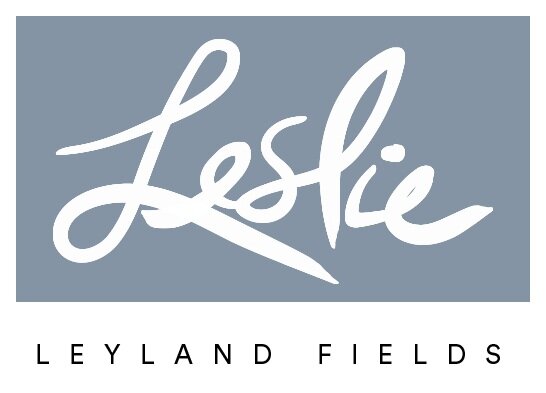Angelina Jolie's Mastectomy+The Burden of Our Neighbor's Glory

Two days after Mother’s Day we hear about Jolie’s double mastectomy. She did it for her children, writing in the now-famous NY Times article, “I can tell my children that they don’t need to fear they will lose me to breast cancer. . . .And they know that I love them and will do anything to be with them as long as I can.”
My mother-flesh cringes at the procedure and her loss---but my fellow mother-of-six heart understands, and would likely do the same.
Who will not laud Jolie’s courage, and, if nothing else, at least her intent? Only those who have not felt the weight of their neighbor’s glory.
Our neighbor’s glory is heavy, and it presses upon us everywhere, even in the most joyous moments and places.
Last weekend, I felt its weight again. At my son’s college graduation, I nearly could not lift my chest for air, nor could the other thousand parents sitting in graduation finery beneath the California sky. The moment we all feared came at last: his name was read, and his parents walked slowly to the dais, took the offered diploma and stumbled down while we crumpled our programs under his absence. Just months before graduation he was killed in an accident near campus. We could hardly bear the weight of even the thought of such grief, but I saw prayers running down faces beside me, prayers pressed into clenched programs, prayers kneaded into tissues. Every one of us watching carried those parents across the stage.
There is more. The dignified woman calling each graduate’s name with such gravity and care, who had proudly handed diplomas to twenty classes, had just been diagnosed with a terminal illness, one of the most terrifying diseases known. This was her last graduation. We lifted her with our eyes and helped her speak each name.
And most of us knew that this year the woman’s basketball coach lost her husband to cancer just before the birth of their first child. She birthed her baby, and kept coaching the team, who became her neighbors, her family. (That women’s team, bonded in such loss and love, against every possible calculation of odds, went on to win a NAIA national title.)
 |
| Westmont College coach Kirsten Moore and daughter Alexis |
This is our daily witness, is it not? Finality and commencement, beginning and ending, sorrow and celebration, risk and sacrifice lock hands over a diploma, a basketball, a surgeon’s knife.
We do it for the other. For the many others who live with us and beside us, our neighbors.
After the ceremony, later that day, we met our son and his 6 roommates and all their families at the beach and one hour later, we were building human pyramids in the sand. What a silly thing to do, I thought. What a California cliche, even as I laughed and snapped photos of these young men kneeling on their father’s backs.
And then the fathers kneeling on their sons’ backs:
And wait! The mothers were not forgotten. Then we too, pressed our knees into our sons’ backs and held steady in the sand for a moment.
I don ‘t know if we were just having fun---or if we were enacting something more that day. I think maybe more.
This is truly how we stand in this world: our knees pressed in the bodies of those who have gone before us, beneath us. Our childrens' knees in our own backs. The Bible talks about this as the “cloud of witnesses” whose words and lives hover over us and form the foundation beneath us.
These silly photos, then, are the truth of our lives. We neither stand nor kneel alone, no matter how much independence and self-reliance we claim, and I have claimed a lot. There are so many beneath us. So many noble, humble, simple, wise people. Even the ones who have hurt us, whose weight and knees have broken our backs, or whose substance has crumbled beneath us, we would not be ourselves without them. We would not be our limping but still kneeling selves without them. And we would not offer our backs to others without even them.
C.S. Lewis writes, “The load, or weight, or burden of my neighbor’s glory should be laid daily on my back; a load so heavy that only humility can carry it and the backs of the proud will be broken.”
“Only humility can carry it.”
“And the backs of the proud will be broken.”
I hope I can keep my place, steady. I hope I am not too heavy for those carrying me. I hope I am humble enough to hold strong for those I am bearing.
I hope all these things for you as well.
And while we get tired sometimes---yes, often, every day---the photos tell the fuller truth:
Who is lighter than our children, for whom we would cut off even our flesh?
Who is lighter than our neighbor?
Whose back and knees are not made exactly for this?








